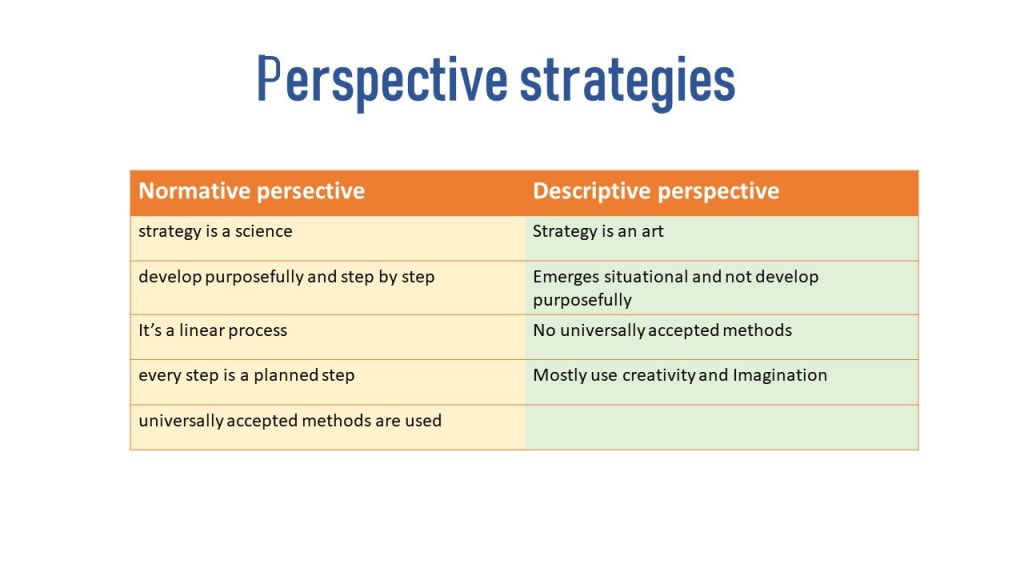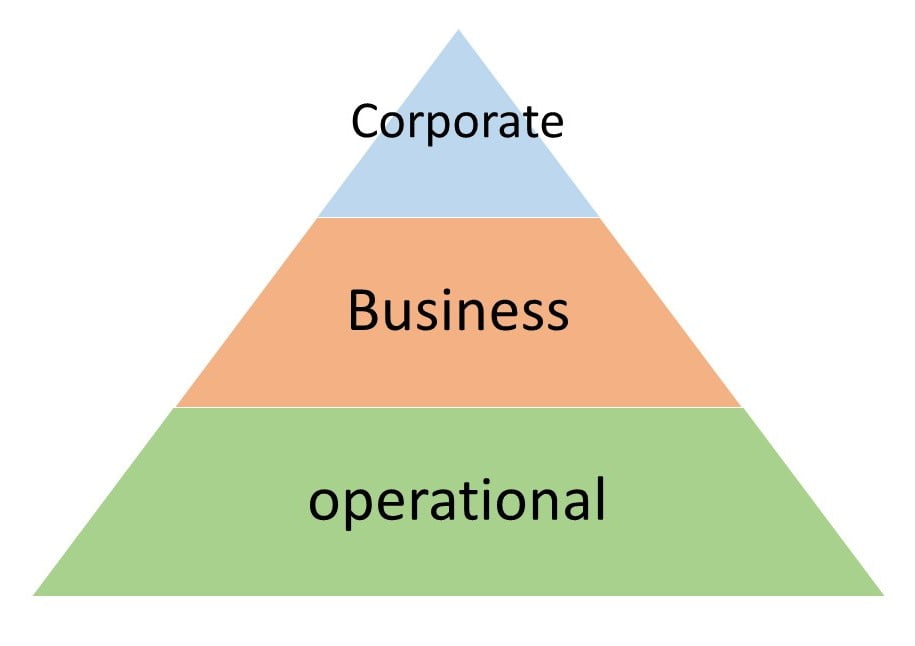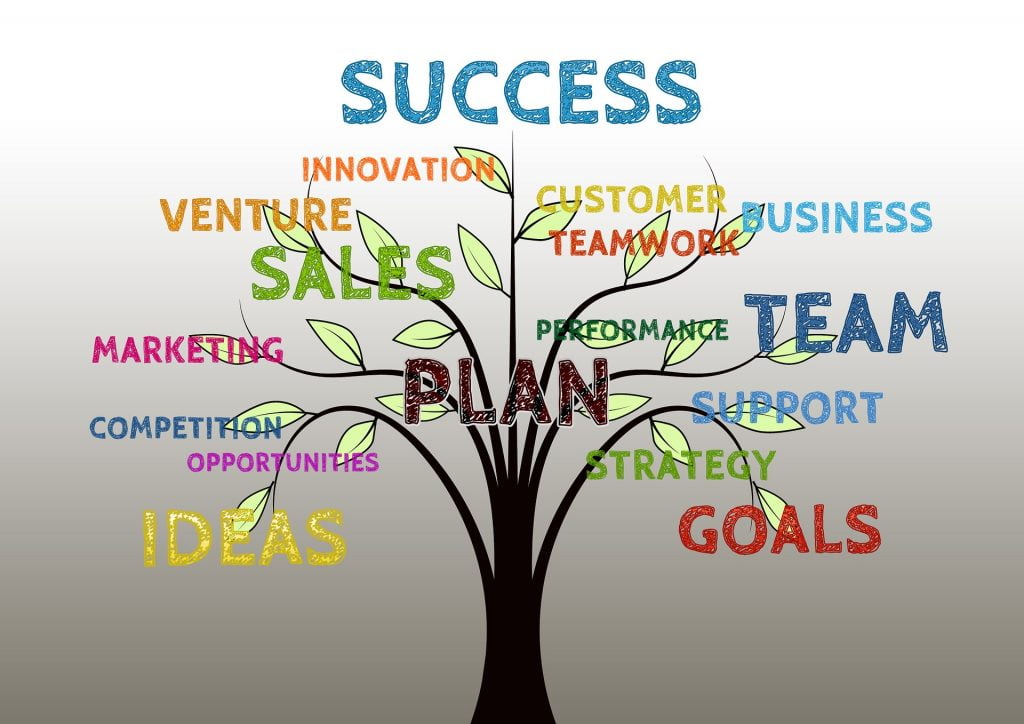A strategy means, a smart way of determining and accomplishing goals and objectives. In this chapter, we discuss some key areas about strategies in the business context. This consists of, an introduction about strategy, elements of strategy, perspectives of strategies, and finally, levels of the strategies.
What is a strategy?
Simply a strategy can be defined as performing different activities, from competitors or performing the same activity in a unique way from the competitors.
And also, Henry Mintzberg defines this as a form of a stream of decisions.
According to Hitt, a strategy is a combined and synchronized set of commitments and activities designed to exploit fundamental competencies and increase a competitive advantage over others.
Moreover, (Nicolaj, 2019) states strategy as a distinguishing array of interdependent choices that address certain questions.
By considering all the above definitions about this term, there can be seen efforts to accomplish sustainable competitive advantage by preserving what is distinctive about an organization
Elements of strategy
There are mainly four elements and. It includes,
- An objective to achieve
- Where to compete (product, customer, Geography)
- Value proportion Source of competitive advantage
Perspectives of strategies
When considering about perspectives of strategies, there are the normative perspective and the descriptive perspective.
From a normative perspective, the S is recognized as a science and developed purposefully step by step. And when it comes to descriptive perspective, it is recognized as an art. It emerges situational and does not develop purposefully. And also, creativity and imagination are used in descriptive perspective.

Levels of strategy
there are 3 levels such as corporate-strategy, Business-level strategy, and operational strategy. the corporate level deals with the overall scope of the entity, the business level is concerned with how the entity should compete in the market and, the operational level engage with how the organization functions can be implemented to reach corporate and business level strategies

Operational level
The operational level strategies relate to the functions of an organization such as production, marketing, research & development, and human resources. These strategies are expressed by the functional managers along with their teams and are associated with business-level strategies. The operational/functional level strategies involved with implementing short-term objectives related to the functions to realize business-level strategies
Business level
the business level strategies comprise defining the competition of strategic business units and it is based upon the generic strategies of differentiation, overall cost leadership, and focus.
for example, a business entity may choose overall cost leadership as a strategy to be followed in its apparel business, differentiation in its plantation business, and focus on its telecommunication business
Corporate Level
The corporate-level strategies are concerned with the overall scope of the organization. it defines the business areas of the business entity that will operate. these strategies interact with aligning the resource deployment across a diverse set of business areas and comprise with managing, integrating to comprehend synergy at the corporate level.
the top-level management in the organization is responsible for formulating corporate-level strategies. moreover, corporate-level strategies show the path for reaching the vision of the organization.
Conclusion
A strategy can be simply defined as a unique way of determining and achieving goals and objectives.
Based on the intended strategies and emergent strategies, there are two perspectives of strategies; normative perspective and descriptive perspective.
There are three levels of strategy including operational level, business level, and corporate level.





